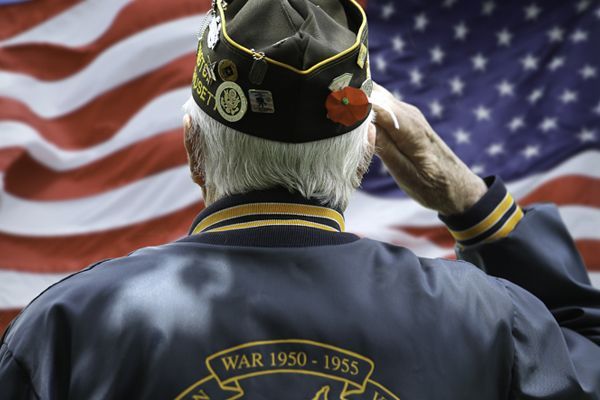Leave No Man Behind: Helping Veterans Fight Against Dementia
Many laid down their lives for this country in several wars. Many of those who survived are now fighting another war. A war within; the war against dementia.
Dementia has been identified as one of the chief age-related diseases plaguing North America and the United States in particular. While many non-veteran aged people face dementia, they are usually cared for by their families. However, veterans need special care, given that they might be facing other illnesses such as PTSD and depression alongside dementia.
Let's take a look at what you can do as a caregiver to treat veteran's dementia.
1. Learning More About Dementia
Dementia is an umbrella term used for neurodegenerative diseases that cause serious problems in one's mental functioning. This includes diseases such as Alzheimer's, Parkinson's disease and Huntington's disease. The central characteristic of these diseases is that they result in one losing their neural abilities such as speech, memory, cognition, motor abilities and so on. As of 2016, almost 5.4 million Americans have been known to suffer from Alzheimer's disease alone. The number of overall dementia affected individuals is certainly more.
2. Helping Veterans Deal With Their Diagnosis
Shock and denial are the first reactions that you may see in a diagnosed veteran. As a caregiver, make them understand that this isn’t the end of life as they know it and they can still live it to its fullest. Encourage them to spend more time with friends and family. Also, ensure that they are eating healthy foods. Further steps can be taken for their safety such as labeling things and marking directions for different rooms.
3. Caring A Veteran With Dementia
This would include a lot of practices that target memory. Creating reminders, notes, labels and such pieces of information is going to be a routine. They may also need help regarding daily activities such as eating, bathing, grooming and using a toilet. They may not be able to speak their minds, hence communication will become a difficult process, therefore caregivers will need to be patient.
4. Caring For Veterans With Peak Dementia
This is the condition where their dementia has reached its zenith. The person would not be able to speak properly, control their bowel movements and most importantly, recognize close friends and kin. At this stage, caregivers will need to fully dedicate themselves to the patient. This would almost be like taking full responsibility for ‘another self.’
Caring for a dementia veteran may differ from person to person, however, patience, consideration, and empathy are the cornerstones of effective care that can make a great difference for our veterans.












